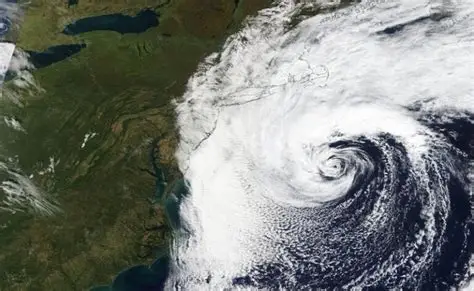Hurricane Melissa roared ashore in southwestern Jamaica on Tuesday as a catastrophic Category 5 storm, unleashing deadly floods, destructive winds, and widespread damage across the island in one of the strongest Atlantic landfalls ever recorded.
The hurricane struck near the town of New Hope with sustained winds of 125 mph (205 kph), tearing off rooftops, toppling trees, and sending boulders crashing onto roads. Authorities said the storm has already claimed at least seven lives across the Caribbean three in Jamaica, three in Haiti, and one in the Dominican Republic.
Melissa is now tracking north-northeast at 8 mph (13 kph) and is expected to slice diagonally across Jamaica before heading toward eastern Cuba and the southeastern Bahamas.
Prime Minister Andrew Holness, in a televised address Monday night, warned that the country faced a daunting recovery.
“There is no infrastructure in the region that can withstand a Category 5,” Holness said. “The question now is the speed of recovery. That’s the challenge.”
Severe Damage and Power Outages
By Tuesday evening, much of southwestern Jamaica remained without power. Landslides were reported in the parishes of Westmoreland and St. Elizabeth, while floodwaters inundated several communities. Residents described scenes of chaos as winds ripped apart homes and felled utility poles, leaving major highways impassable.
Emergency teams have been dispatched to assess damage and restore basic services, but officials cautioned that the process will take days due to blocked roads and continuing heavy rains.
Cuba Braces for Impact
Forecasters at the U.S. National Hurricane Center (NHC) warned that Melissa could bring up to 20 inches (51 centimeters) of rain to parts of eastern Cuba, triggering flash floods and storm surges along the coast. Hundreds of thousands of residents have been urged to evacuate as the storm approaches overnight.
The NHC said the hurricane is expected to reach the southeastern Bahamas by Wednesday evening, maintaining major storm strength as it crosses warm Caribbean waters.
Climate Change Under Scrutiny
Climate scientists say Hurricane Melissa’s explosive intensification doubling its wind speed in less than 24 hours is linked to unusually warm ocean temperatures in the Atlantic, fueled by global climate change.
“This is the fourth storm this year to undergo rapid intensification,” one researcher noted. “The oceans are hotter, and storms are responding accordingly.”
As Jamaica begins its recovery and neighboring nations brace for impact, regional leaders have renewed calls for greater global action on climate resilience and disaster preparedness.


